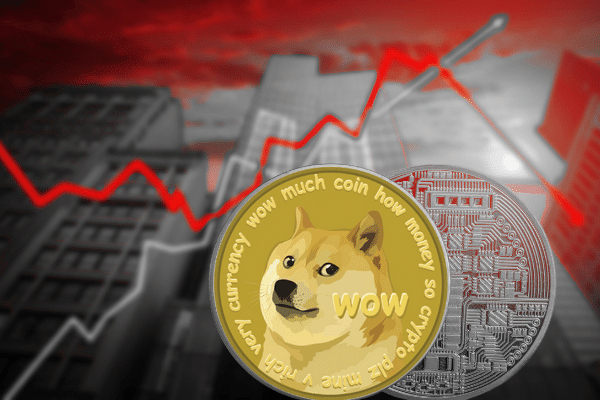
- Elon Musk warns investors that cryptocurrencies are highly speculative, ahead of an appearance as the host of comedy show Saturday Night Live
- Dogecoin rally, largely driven by speculators, obfuscates broader rise in cryptocurrencies, making it uncertain if a sharp correction in the meme cryptocurrency will affect others
The cryptocurrency world’s biggest joke, Dogecoin, pared back gains as its biggest shiller Elon Musk warned investors of the highly speculative nature of cryptocurrencies, ahead of his appearance on comedy show Saturday Night Live.
Created as a meme cryptocurrency, with the Shiba Inu breed of dog as its logo, Dogecoin was always intended to appeal to the lighter side of the cryptocurrency community.
But since the first Dogecoin was minted, it’s risen a ridiculous 200,000%.
And while speculators have poured into Dogecoin, many industry pros, have little affection for it, believing that it distracts from the more serious work of building the overall cryptocurrency ecosystem.
Speculation that Elon Musk will shill Dogecoin on Saturday Night Live as he hosts the show, also led to a plunge in U.S.-listed cryptocurrency exchange Coinbase Global (+2.70%) on Thursday, where Dogecoin isn’t available for trading, while trading app Robinhood, which does list Dogecoin, surged to reclaim the top spot for downloads on Apple’s (+0.53%) U.S. app store.
There’s no doubt that Dogecoin is a distraction – unlike other blockchains, it has no use and explicitly states so.
And for industry practitioners, Dogecoin doesn’t help institutions take cryptocurrencies seriously, potentially even spooking them off.
Just last week, Goldman Sachs (+1.34%) announced that it had formed a trading team to invest in cryptocurrencies, Dogecoin is naturally not on that list of investments.
Given that the Dogecoin surge has been primarily driven by retail investors, there’s risk of a sudden crash should “paper hands” prevail.
On Friday, even Elon Musk urged his followers on Twitter (-0.04%) to “invest with caution,” linking to an earlier video in which he said cryptocurrencies should be considered speculation for now.
And with almost US$79 billion in market cap, a Dogecoin crash risks bringing down sentiment for other cryptocurrencies which are expanding their platforms and use cases.
Whereas Bitcoin was the pioneer for distributed ledger technology, there’s little coding activity on Dogecoin, a typical sign of stagnation.
And unlike Bitcoin, Dogecoin supply isn’t finite, and there are still relatively few Dogecoin transactions, a symptom of its essentially speculative nature.
Speculators who aren’t familiar with cryptocurrencies and who are simply betting purely on hype, may find themselves burned when they discover the distinction.
Making matters worse, these speculators may also dump other cryptocurrencies, even though those have development activity and for which genuine value is being created.
It’s increasingly difficult to tell if cryptocurrencies, including Ethereum and Uniswap are rising for technological reasons, ideological ones, or simply because a deluge of cash has flooded the nascent industry.
And that means that when that if Dogecoin crashes, it’ll be impossible to say if other cryptocurrencies will fall along with it.



